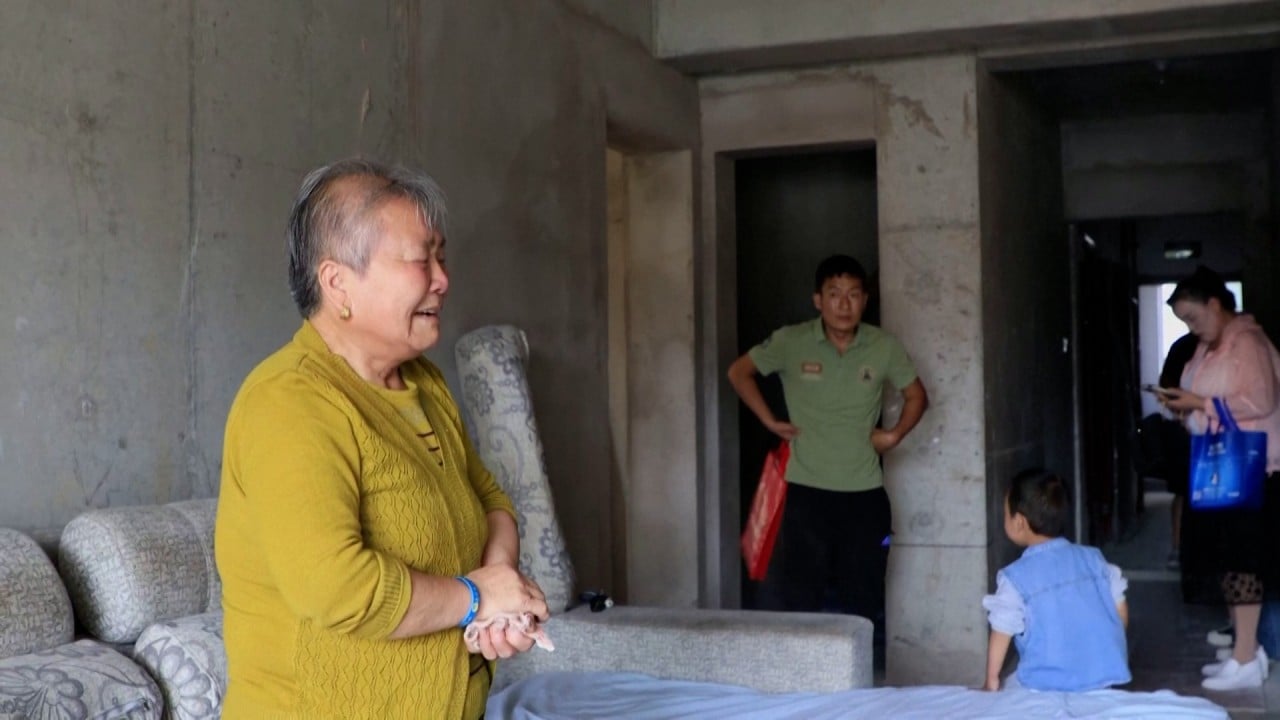Advertisement
Bank of East Asia cut its exposure to China’s troubled commercial property sector last year
- The lender’s non-performing loans in mainland China dropped by 0.47 percentage points to 2.68 per cent at the end of 2023 compared with the first half
- BEA’s net profit dropped 5.5 per cent to HK$4.12 billion for the whole of 2023, missing the HK$5.53 billion expected by analysts
Reading Time:2 minutes
Why you can trust SCMP

Bank of East Asia, Hong Kong’s largest family-owned lender, said its non-performing loans ratio in mainland China dropped by 0.47 percentage points to 2.68 per cent at the end of 2023 compared with the first half, as its overall exposure to troubled Chinese property developers shrank.
Advertisement
The bank’s debt in the country’s commercial real estate sector has come down to 7.7 per cent of total lending, just over half what it was two years ago, and is expected to continue downwards. Yet BEA still made significant provisions for bad loans.
“We continued efforts to improve asset quality, notably exposure to the Chinese commercial real estate sector, including both state-owned and foreign enterprises,” said co-chief executive Adrian Li in a teleconference about BEA’s financial results on Wednesday.
Another 1 per cent decrease in the proportion of commercial property debt can be expected in the next year, the bank said.
“Falling sales and refinancing difficulties have continued to present challenges to mainland developers,” Li said. “With further downgrades, additional provisions were made in the second half. Full-year impairment losses on financial instruments reached HK$5.5 billion (US$ 700 million).
“Some 82 per cent of these provisions were related to the Chinese [commercial property] sector.”
Advertisement

Advertisement
